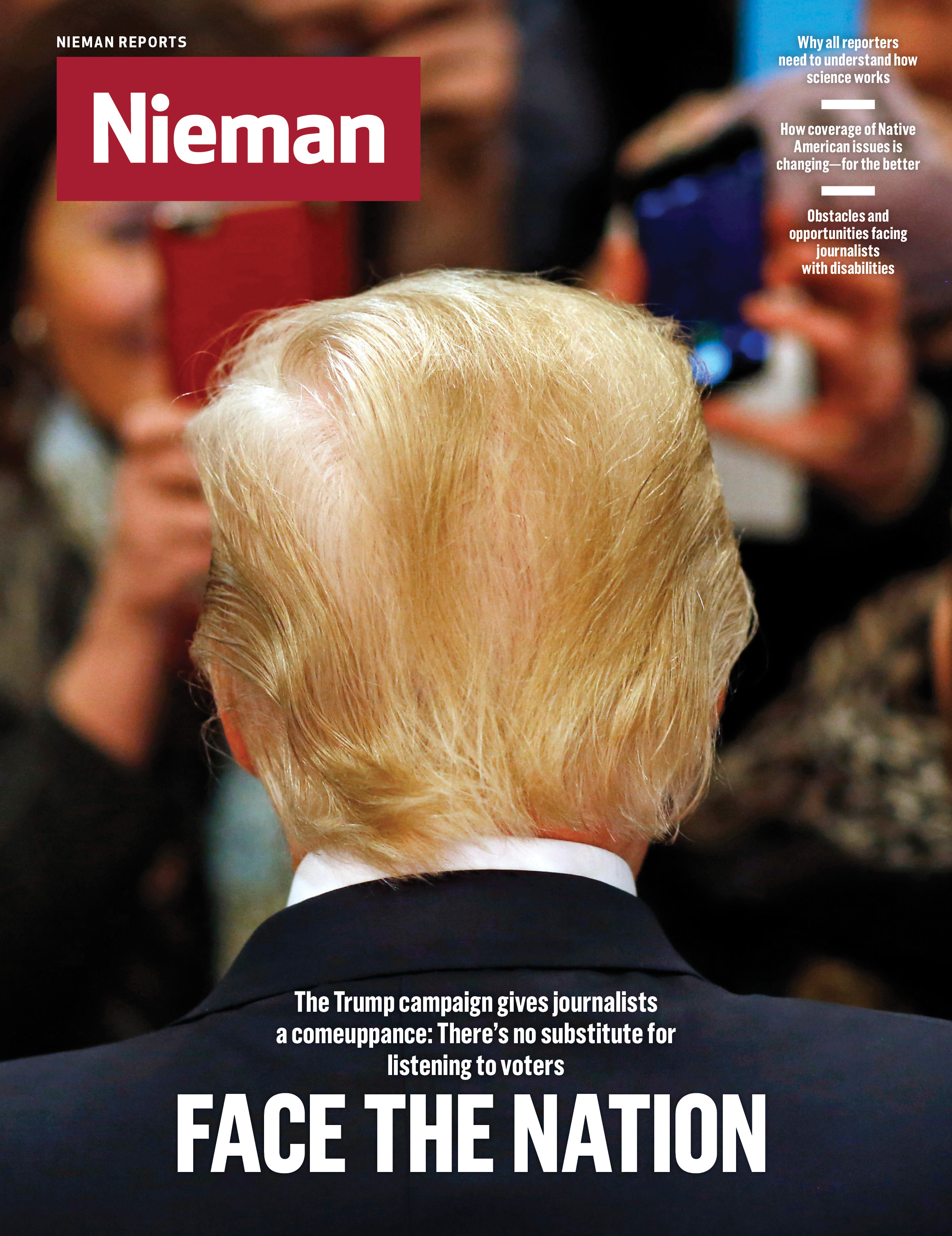I hosted the “Big Blog meetup” every Wednesday evening, from 5:30 to 7, for nearly two years, beginning in 2008. Sometimes two people came. Sometimes 15 did. The meetups took place at any of dozens of coffee shops all over Seattle. I’d announce each location on Twitter, and we’d talk about anything and everything: the city’s growth and gentrification, the culture wars between bicyclists and motorists, our days at work, our favorite phone apps and blogs.
Sometimes, I’d invite a special guest: a popular local weather blogger, a South Seattle breakdancing crew getting national attention, a man who criss-crossed the country to work 50 jobs in 50 states. After a while, readers, some of them neighborhood bloggers, started asking if I could host my next meetup in their part of town. That’s how I got to know residents of parts of Seattle I’d only driven through: Lake City, White Center, the Rainier Valley, and more.
I got story ideas at the meetups. I got sources. I got context. I heard perspectives that informed my online-only reporting.
But I wasn’t there to mine people for stories. I was there to guide a good conversation, and to make sure that everyone who showed up felt valued enough to be part of it, and connected enough to come back. I was there, I later realized, not to find stories, but to build relationships.
The value of the meetups was obvious to me. But not to my editors.
One day, my editor told me that I couldn’t host the meetups anymore. Instead, I should use those two hours a week to write another blog post that brings more hits to the site.
I was stunned.
Feeling desperate, I went to my desk and pulled up my blog. I printed out several posts, and with a marker circled all the comments that had been left by people who had come to my meetups. The whole point of my blog was to make Seattle news a conversation. I considered the quality of the comments my main metric of success. We didn’t have threaded comments in those days. We didn’t even have upvotes and downvotes. Long, more thoughtful comments had the power to draw other long, thoughtful comments. They saved discussions from toxic oblivion. Often, they were left by my most committed readers—the people who came to the meetups.
Armed with this evidence, I went into my editor’s office and made my case. She let me keep the meetups, but to this day, I don’t know if it’s because I convinced her that they were valuable to the paper, or because she saw how much I cared, and decided not to push the issue.
I read only one book on journalism before I became a journalist myself—“The Elements of Journalism,” by Tom Rosenstiel and former Nieman curator Bill Kovach. One of the nine principles they articulate in the book is the role of journalism in providing a public forum for criticism and compromise. What’s essential, the authors argue, is that that forum be guided by the same principles as the rest of journalism. Journalists should work, in other words, to make sure the forum is truthful, diverse, productive.
In the last two decades, that public forum has grown bigger and more powerful than many journalists could have imagined. It exists in countless spaces well beyond the boundaries of journalism, on platforms where journalists share a presence, but do not set the rules.
A more expressive public presents a new set of challenges to journalism, but it also demands that we revisit journalism’s core purpose. Can our purpose be just to inform, when people are so adept at informing themselves? Can our purpose be just to report facts and context, when so much of what drives our society are the stories people tell each other, stories a whole army of journalists could never hope to find and report themselves?
Journalists are feeling all this pressure to go big. Go viral. Get scale. I think most of us would do better going small. Find the communities whose conversations you can do the most to strengthen and get to know them. Not so they can serve you with clicks and shares and crowdsourcing, but so you can serve them better than anyone else.



